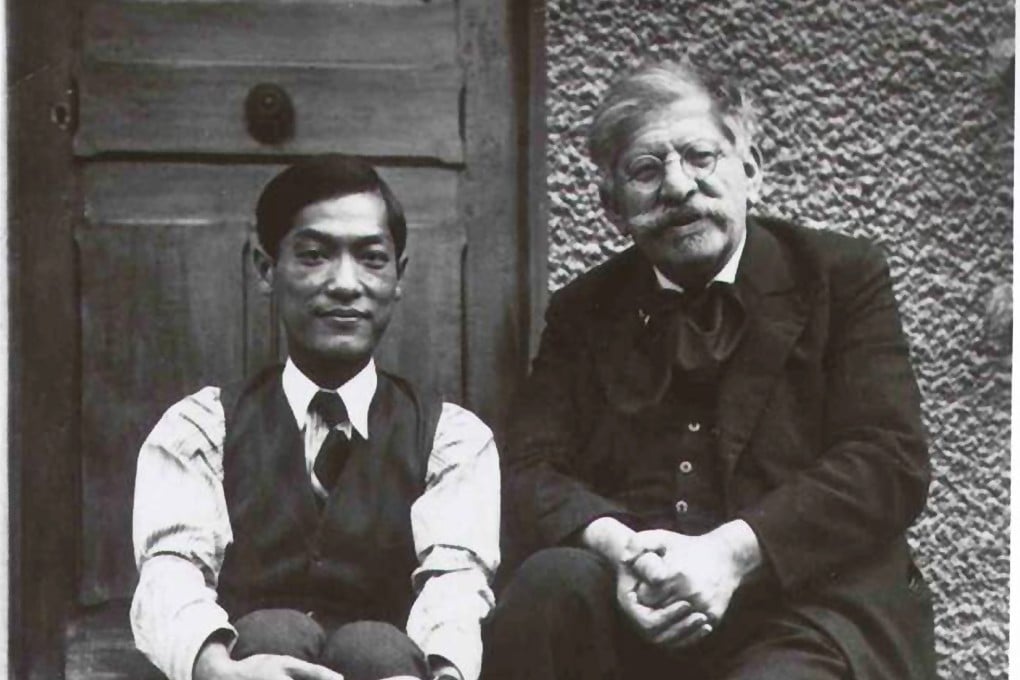Then & Now | Acceptance of same-sex relationship in 1930s Hong Kong shows how attitudes in the city have worsened
- Li Kam-tong, a wealthy Hong Kong businessman, approved of his son’s partner, the German scholar Magnus Hirschfeld
- This tolerant approach rebukes contemporary bigots’ view that Chinese are unable to accept LGBT relationships

Within the puerile, sniggering atmosphere that pervades most Hong Kong responses to anything connected with sexuality, much interesting information gets remaindered. Largely unknown these days, the Hong Kong-born grandson of late-19th century Qing dynasty reformer Li Hung-chang – a key architect of China’s technological modernisation – was romantically involved with another social reformer who was several decades, at least, ahead of his time.
German scholar Magnus Hirschfeld pioneered modern human sexuality research methods; he coined the term “trans-sexual” in 1923. An academic researcher since the 1890s, his Institute for Sexual Science, in Berlin, became world-renowned during Germany’s socially tolerant post-World War One Weimar Republic years. British writer Christopher Isherwood, who knew the academic in Berlin, vividly described him as a “solemn old professor, with his doggy moustache and peering spectacles”.
Hirschfeld became a multilayered hate figure for the Nazis; he was a homosexual, a socialist and a Jew. In 1931, after he had been physically attacked and left for dead by the proto-Nazi Brown Shirts, he embarked upon a lengthy global lecture tour, which also dramatically changed his personal life.
During a function at St John’s University in Shanghai, the 64-year-old Hirschfeld met Li Shiu-tong, a 24-year-old student. A life-changing romance sparked between the two, and “Tao Li” – as the younger man became known – soon afterwards abandoned his studies to accompany Hirschfeld on his China travels, first as an interpreter-companion, and then on the rest of an extensive pan-Asian journey, where they explored, photographed and documented historic and cultural sites related to sexual studies, from Java to India.
Li Kam-tong, a wealthy Hong Kong businessman, was favourably disposed towards his son’s new partner, and publicly remarked that “it is my wish and my hope that my son will one day become the Dr. Hirschfeld of China”. His tolerant attitude rebukes the general view – endlessly parroted by Hong Kong’s politically influential (and mostly Christian) bigots – that traditional-minded Chinese are unable to accept, much less endorse, same-sex relationships.
